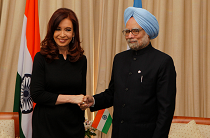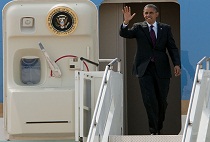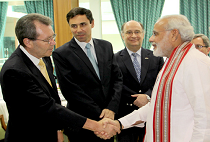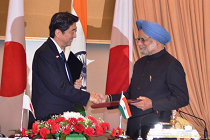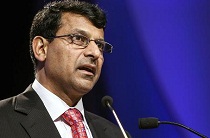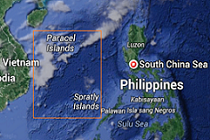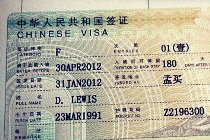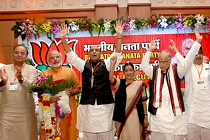Brazil: time to be a global power?
Brazil’s advantages – including resources of oil and gas, no historical baggage, an absence of terrorism and military conflicts – and regional leadership, make it a potential global power. But it also has to tackle many challenges in the medium-term, such as poverty, poor infrastructure, healthcare and education


